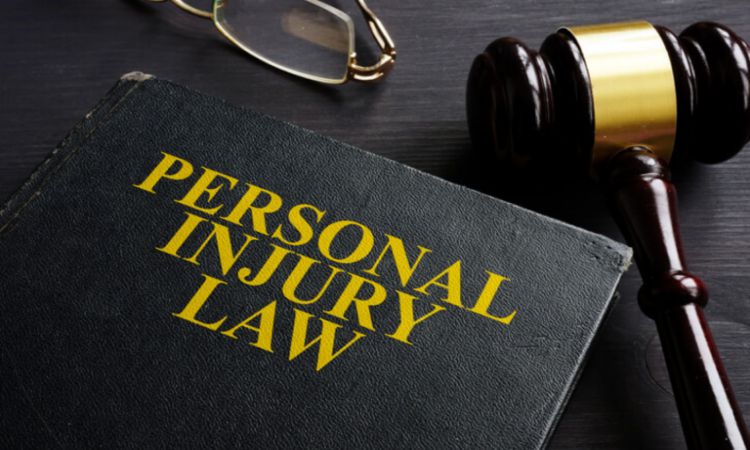 Picture this. You’re taking a relaxing stroll on the sidewalk that’s next to a construction site. All of a sudden, a small piece of scaffolding falls on you, injuring your shoulder.
Picture this. You’re taking a relaxing stroll on the sidewalk that’s next to a construction site. All of a sudden, a small piece of scaffolding falls on you, injuring your shoulder.
The injury you’ve suffered falls under the category of personal injury. There are specific laws laid out to protect individuals who have been injured due to the negligence or malicious thoughts of others.
Although there are laws to protect the rights of personal injury victims, traversing them alone can be difficult. There are numerous complexities involved, and understanding legal terms can be quite difficult. At times like this, your best course of action is to seek out an experienced law firm like Varner Faddis Elite Legal, LLC. These firms have the expertise and resources to tackle all complications that arise during a personal injury case.
The term personal injury is often used to categorize multiple types of accidents. In general, personal injury laws apply in the following 4 instances.
- Accidents
- Intentional Acts
- Defective Products
- Defamation
We’ll explain each of these instances below.
Table of Contents
Accidents
Personal injury laws apply when you are injured due to someone else’s negligence or carelessness. The term accident is applicable to a wide range of accidents, including
- Car accidents
- Motorcycle accidents
- Slip and fall accidents
- Construction site accidents
- Medical malpractice
- Pedestrian accidents
When talking about accidents caused by negligence, it is important to prove the five elements listed below.
1. Duty of Care:
A few negligence cases are determined based on whether the defendant owed a duty of care to the plaintiff. This is particularly true when an accident happens in a public space. This does not apply in instances where the plaintiff trespassed on the defendant’s property.
2. Breach of Duty:
In negligence cases, once the plaintiff has proved that the defendant owed a duty, they next have to submit evidence that shows that the defendant breached the duty of care.
3. Cause in Fact:
Next, the plaintiff has to prove that the defendant’s negligence led to the accident. This means that if the defendant had practiced caution and didn’t breach their duty of care, the accident would’ve never happened.
4. Proximate Cause:
This refers to the level of involvement of the defendant in a negligence case. The defendant can only be held liable for injuries that are the result of their actions. The plaintiff cannot prove anything outside the scope of foreseeable risks.
5. Damages:
The plaintiff must prove that the negligence of the defendant caused them physical/mental harm and property damage.
Intentional Acts
Also known as intentional torts, these laws apply when the defendant commits an act with the intention of hurting the plaintiff. The most common types of intentional torts include
- Trespass
- Assault and battery
- Intentional causing of emotional suffering
- Conversion
- False imprisonment
- Fraud
Defective Products
Defective product laws apply when a consumer is harmed due to the use of a product. These kinds of cases are normally called product liability cases. The product here can be anything, from everyday household products to vehicle components to pharmaceutical devices.
Some of the common types of injuries/illnesses that can arise due to defective products include,
- Harmful side effects of prescription medicines
- Injuries and health conditions due to defective products
- Illness caused as a result of harmful chemical exposure
- Injuries due to product failure/manufacturing defect
Defamation
Defamation laws apply when an individual’s defamatory statement harms another. A defamatory statement is usually a false statement that an individual promotes as a statement of truth. The defamatory statement can cause financial damages as well as emotional distress. A person’s opinion isn’t considered defamatory unless it is published as a fact.
To prove a defamation case, the plaintiff must,
- Prove that the statement was false.
- Prove that the person who made the statement knew it was false and showed reckless disregard.
- Prove that the statement was published.
Conclusion
Personal injury is an umbrella term that is used for a wide variety of cases. A car accident comes under personal, as does someone making a hurtful false statement against you. These cases have their own technicalities that need to be proven. An experienced personal injury attorney will help prove these technicalities and right the wrongs.






